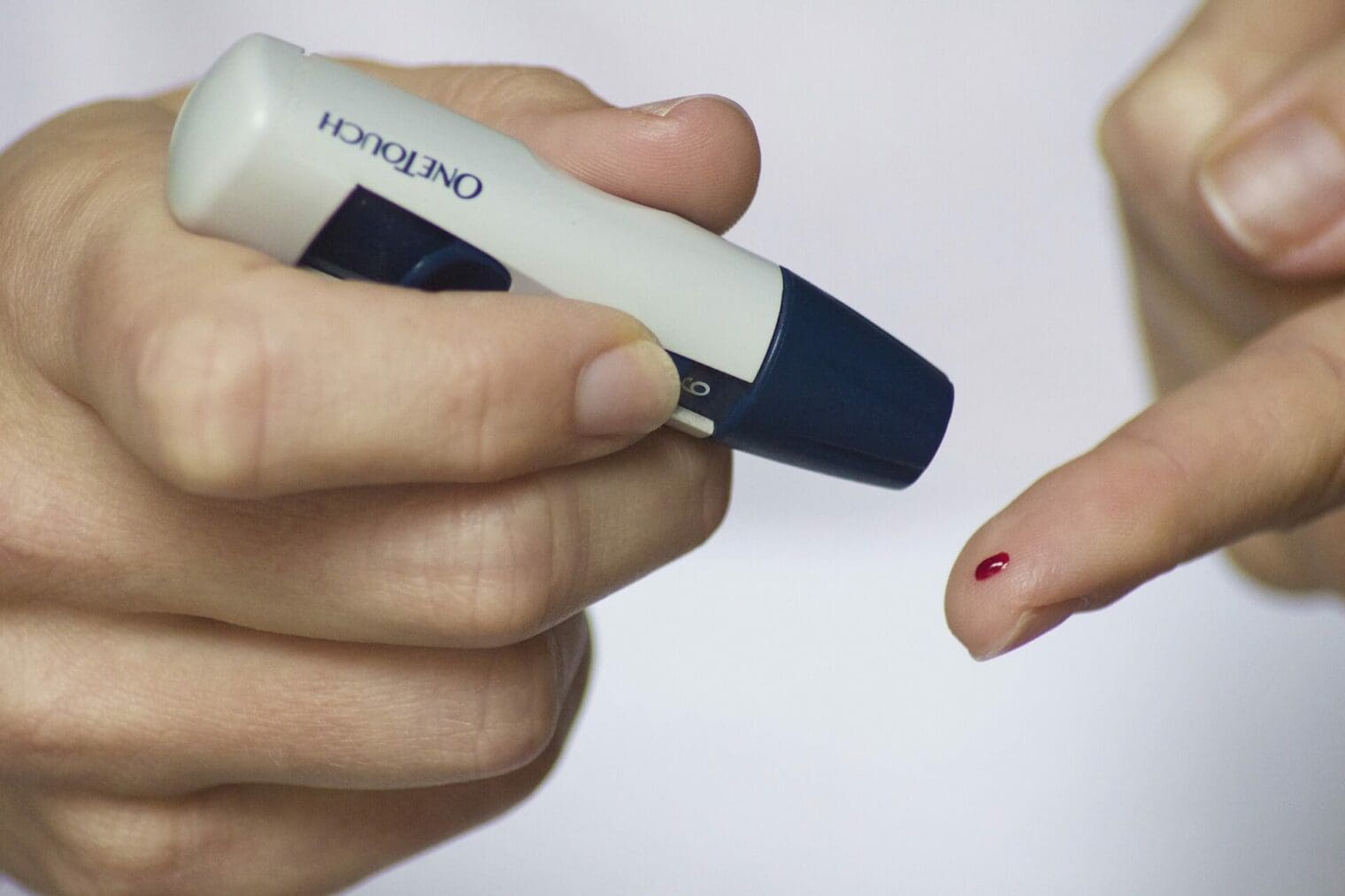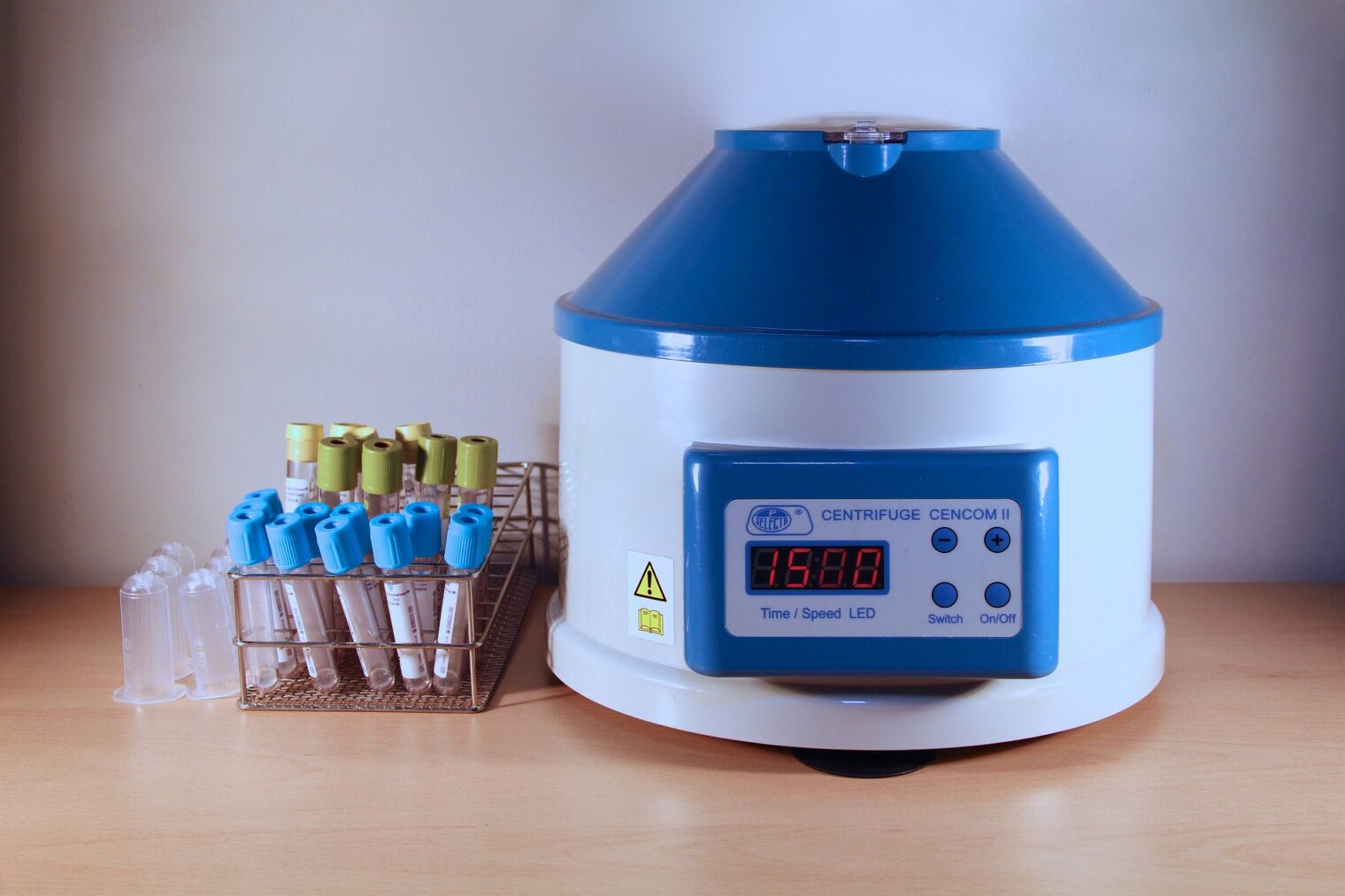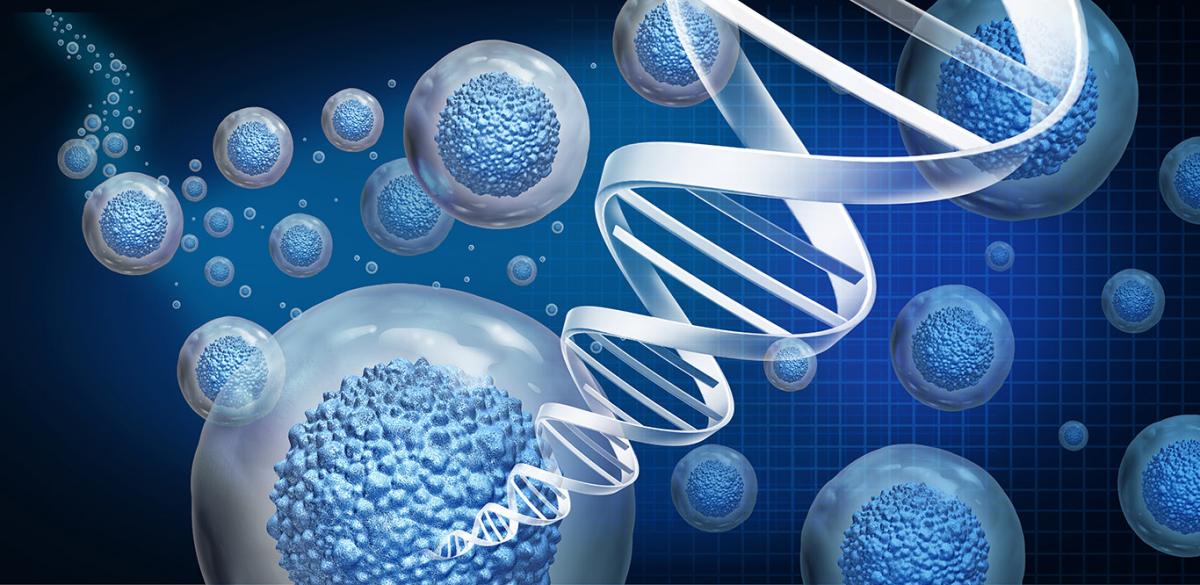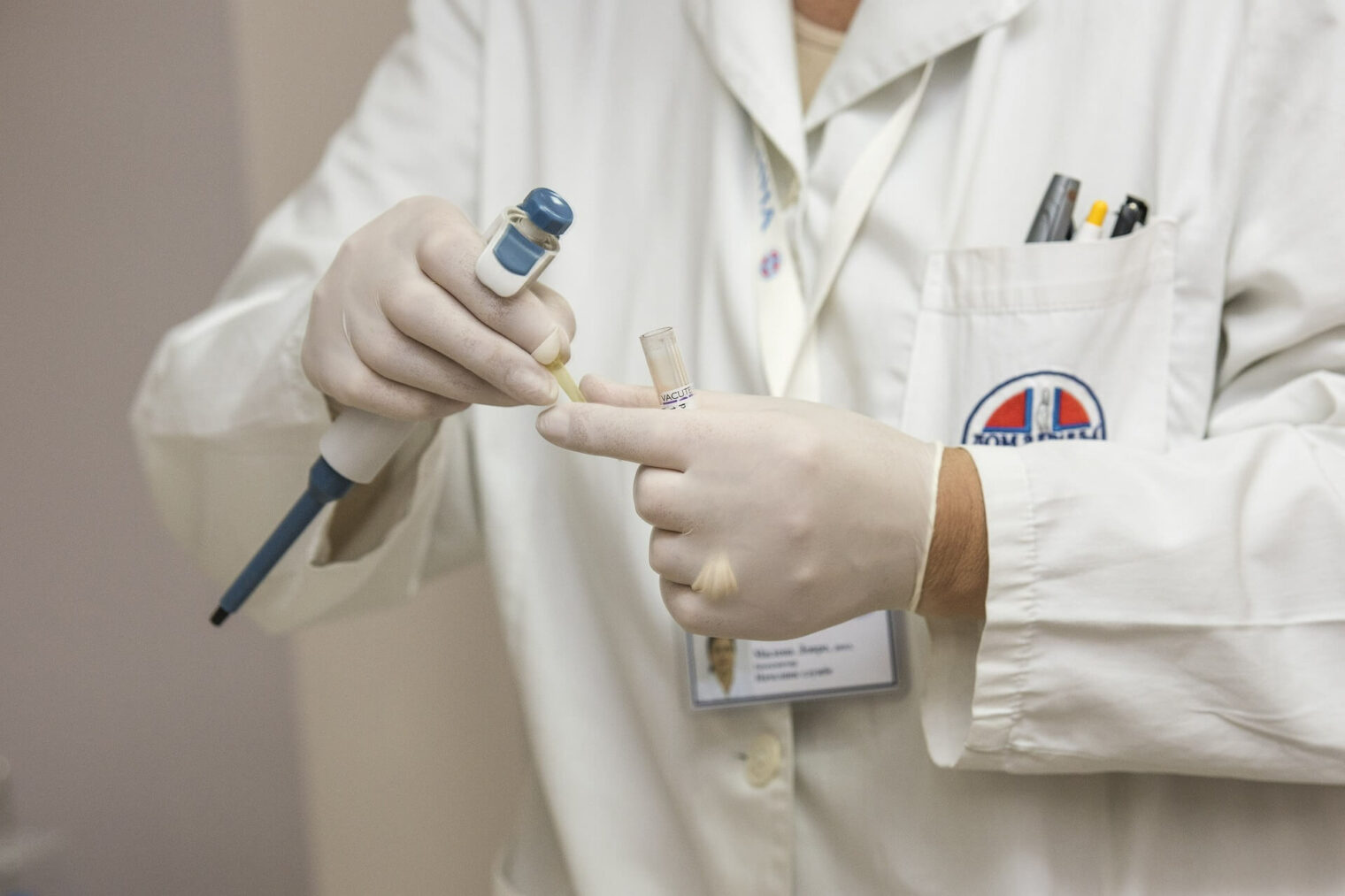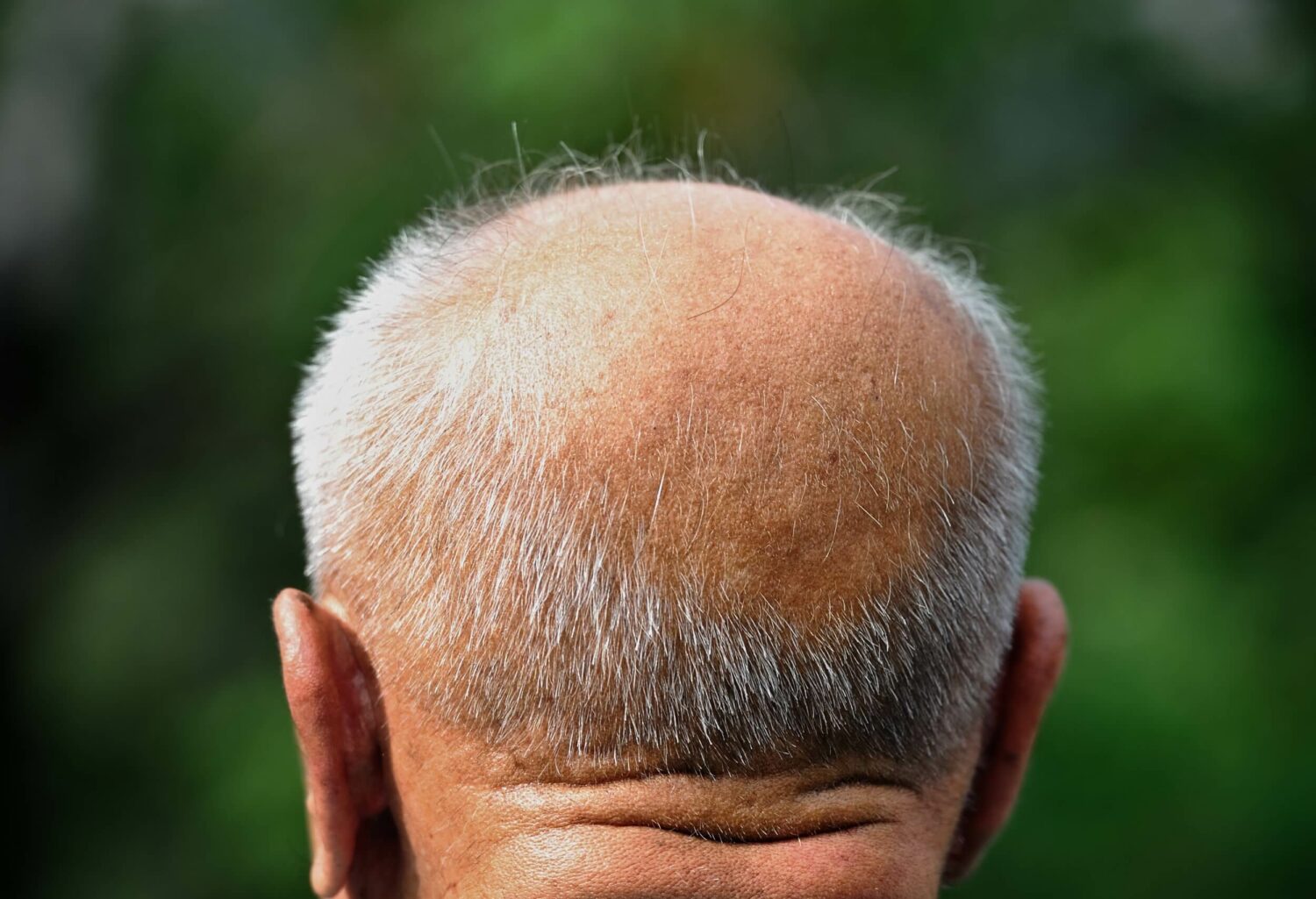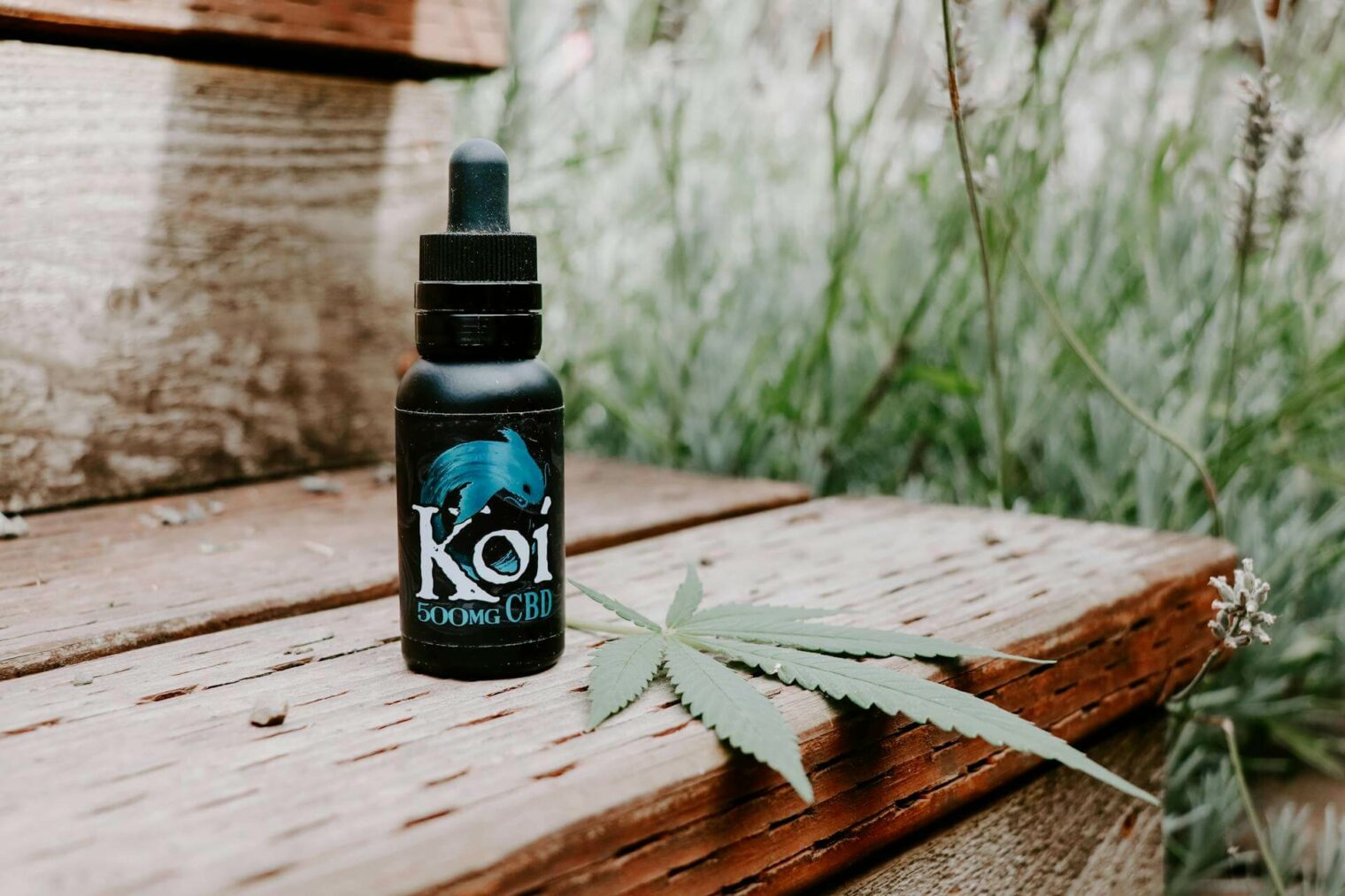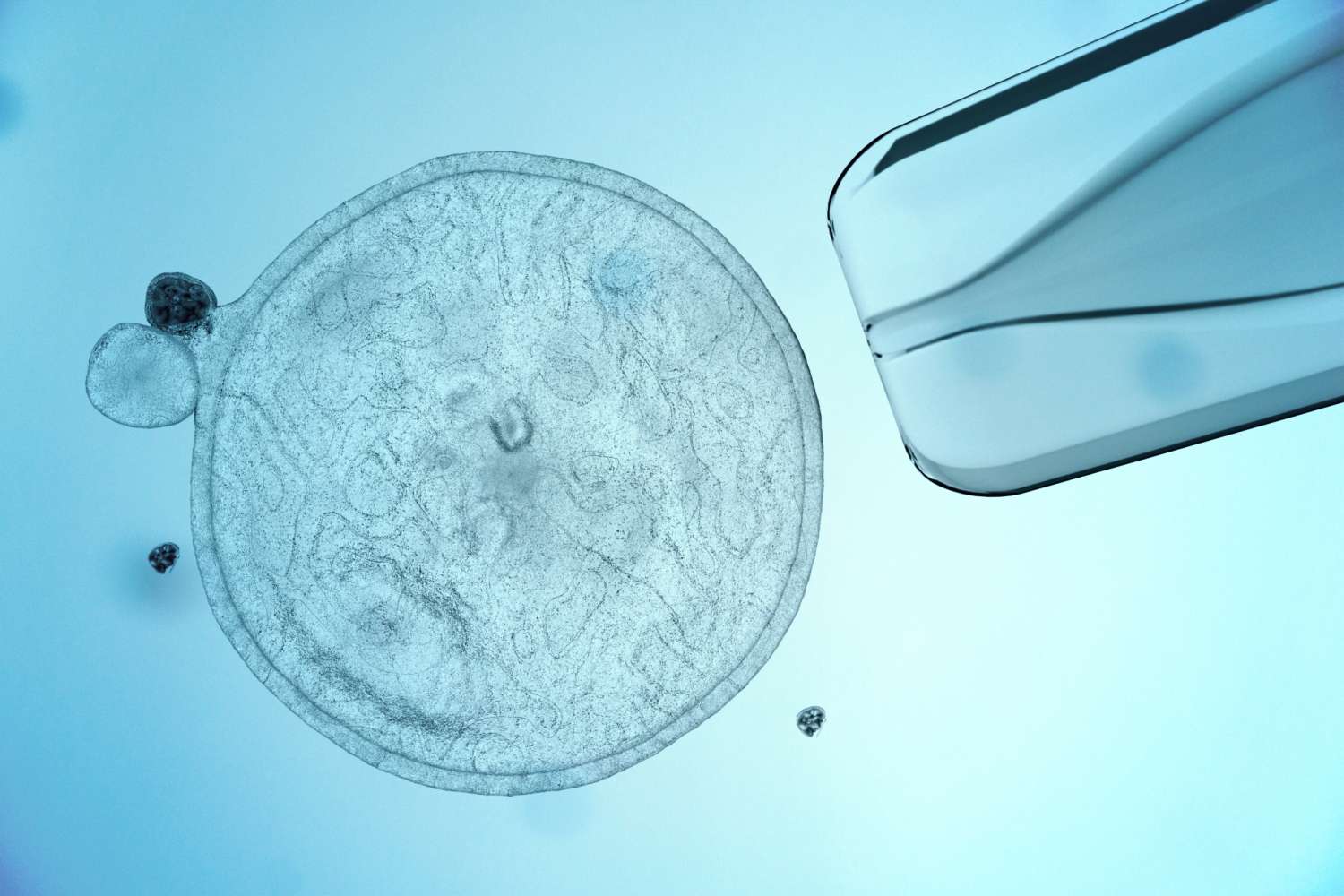Hormone health are medical buzzwords for men in 2024. Many men experience changes in their energy levels, mood, and physical fitness as they age. This can often leave them wondering what’s going on with their bodies. One key player in men’s health that might be responsible for these changes is testosterone, the primary male sex hormone.
Testosterone plays an essential role not only in reproductive function but also in muscle mass, fat distribution, and bone density.
Testosterone production naturally decreases as a man gets older; this is a fact of life. Yet, the impact of low testosterone levels goes beyond just feeling a bit tired or out of sorts.
Symptoms such as reduced sexual function, mood alterations, and decreased muscle strength can significantly affect one’s quality of life. Our men’s health blog aims to shed light on understanding hormone health and how maintaining balanced testosterone levels is crucial for overall well-being.
We’ll guide you through recognising signs of low testosterone (hypogonadism), exploring the causes behind hormonal imbalances, and navigating treatment options to manage symptoms effectively.
Stay tuned for insights into bolstering your hormone health.
Understanding Testosterone and its Importance for Men
Testosterone is a vital hormone for men, influencing various aspects of health. It plays a significant role in regulating muscle mass, bone density, and the production of red blood cells.
What is testosterone?
Testosterone is a vital male hormone that plays a crucial role in reproductive and sexual function. Produced mainly in the testes, it influences sperm production, affects muscle mass, and bone density, and regulates the distribution of fat within the body.
This hormone also contributes to red blood cell production and impacts mood.
Understanding testosterone’s functions helps in recognising its importance for men’s health. It lays the foundation for discussing how changes in this hormone level can affect an individual’s well-being.
Next, we explore how testosterone affects men’s health across different stages of their lives.
How does it affect men’s health?
Moving on from the understanding of what testosterone is, it’s crucial to explore how it impacts men’s health. Testosterone plays a pivotal role in maintaining various bodily functions such as muscle mass, bone density, fat distribution, red blood cell production, and sperm production.
It also influences sex drive (libido), mood regulation, and cognitive function.
Decreased levels of testosterone can lead to symptoms like low libido, fatigue, decreased muscle mass, erectile dysfunction, and mood swings. This hormone is vital for male reproductive health and overall well-being; therefore, its impact on men’s health cannot be understated.
Symptoms of Low Testosterone
Low testosterone can manifest in a range of symptoms, including decreased libido and persistent fatigue. These indicators should prompt further exploration into the potential causes and management options for low testosterone levels in men.
Low libido
Low libido is a common symptom of low testosterone levels in men. It refers to a decreased interest in sexual activity and can lead to challenges in intimate relationships. Addressing low libido often involves boosting testosterone levels through hormone replacement therapy, lifestyle adjustments, or natural remedies such as exercise and healthy eating.
Seeking medical advice is crucial for understanding the underlying causes and determining the most suitable treatment options.
The significance of maintaining healthy testosterone levels goes beyond physical appearance and energy levels; it directly impacts sexual desire and overall quality of life for men.
Muscle loss
Muscle loss can be a significant symptom of low testosterone levels in men. Testosterone plays a crucial role in maintaining muscle mass and strength, so when there is a decline in testosterone production, it can lead to muscle atrophy and weakness.
Increasing testosterone levels through hormone replacement therapy or other treatments may help alleviate muscle loss and improve overall physical strength.
Furthermore, addressing lifestyle factors such as regular exercise and balanced nutrition can also support the prevention of muscle loss associated with low testosterone. Engaging in resistance training exercises like weightlifting can be particularly beneficial for promoting muscle growth while boosting testosterone levels naturally.
Fatigue
When testosterone levels are low, men may experience fatigue. This can lead to persistent feelings of tiredness and reduced energy levels, impacting their daily activities and overall quality of life.
It’s essential to address low testosterone levels to alleviate fatigue and restore vitality.
Understanding the connection between testosterone and fatigue is crucial in identifying symptoms of low testosterone. By recognising these signs early on, individuals can seek appropriate treatment options to combat fatigue and regain their energy levels for a better quality of life.
Mood changes
Mood changes can be a significant indicator of low testosterone levels in men. Symptoms may include irritability, increased stress, and even depression. It’s important to note that addressing low testosterone can help alleviate these mood changes and improve overall well-being.
Understanding the impact of testosterone on mood is essential for managing hormone health effectively. By recognising the connection between testosterone levels and mood changes, individuals can seek appropriate treatment options to address these concerns.
Erectile dysfunction
Transitioning from mood changes to the effects of low testosterone on men’s health, erectile dysfunction is a common symptom experienced by those with low levels of testosterone.
Erectile dysfunction refers to the inability to achieve or maintain an erection for satisfactory sexual intercourse, resulting from insufficient blood flow into the penis. This condition may impact self-esteem and intimate relationships, highlighting how crucial it is to address low testosterone levels in men.
Understanding these effects showcases the significance of maintaining balanced hormone levels for overall well-being and reproductive function. Addressing factors like aging or chronic illness that contribute to imbalanced hormones can play a vital role in managing and treating symptoms such as erectile dysfunction.
Causes of Low Testosterone
Low testosterone can be caused by various factors, including the natural process of aging, chronic illness, certain medications, and environmental influences. These diverse causes can significantly impact hormone levels in men.
Ageing
As men age, the natural decline in testosterone production becomes more apparent. The gradual decrease in androgen levels can lead to a range of symptoms such as reduced muscle mass, lower energy levels, and changes in mood.
Ageing is a significant factor contributing to declining testosterone levels in men and can have a substantial impact on overall health.
The ageing process directly affects the endocrine system’s ability to maintain hormone balance, including testosterone levels. With increasing age, it becomes increasingly important for men to understand how ageing impacts hormone health and be aware of potential symptoms related to low testosterone levels.
Chronic illness
Chronic illnesses, such as diabetes and obesity, can contribute to low testosterone levels in men. The hormonal imbalances caused by chronic conditions can affect the body’s ability to produce adequate testosterone, leading to a range of symptoms including fatigue, reduced muscle mass, and decreased libido.
Managing and treating the underlying chronic illness is crucial in addressing low testosterone levels and improving overall health.
By understanding the impact of chronic illness on testosterone production, individuals can take proactive steps to address their hormonal health alongside managing their long-term health conditions.
Engaging in comprehensive healthcare that addresses both chronic illness and hormone imbalances is essential for achieving overall well-being and hormone health.
Medications
When it comes to causes of low testosterone, medications can play a significant role. Certain drugs, such as corticosteroids or opioids, have been known to lower testosterone levels in men.
These medications may interfere with the body’s natural hormone production and lead to hypogonadism. It is advisable for individuals taking these medications to consult with their healthcare provider about potential alternatives or supplemental treatments to help manage any related hormonal imbalances.
The world of male hormone health has its complexities, and navigating the effects of certain medications on testosterone levels is crucial for overall well-being. Therefore, discussing medication-related concerns with a healthcare professional can unveil the secrets behind maintaining healthy testosterone levels amidst drug use.
Environmental factors
Environmental factors can significantly impact testosterone levels in men. Exposure to pollutants such as pesticides, lead, and other environmental toxins can interfere with hormone production and disrupt the endocrine system.
Additionally, lifestyle factors like excessive stress, poor diet, lack of exercise, and disrupted sleep patterns can also contribute to lower testosterone levels. These environmental influences highlight the importance of creating a healthy living environment for optimal hormonal health balance.
Understanding the impact of environmental factors on testosterone levels is crucial for men’s overall health and well-being. By minimising exposure to harmful substances and adopting healthy lifestyle practices, individuals can potentially mitigate the effects of these environmental factors on their hormone production.
Taking proactive steps towards reducing these risk factors aligns with an overall approach to improving hormone health naturally.

Treatment and Management of Low Testosterone
To manage low testosterone, men can consider hormone replacement therapy, make lifestyle adjustments, explore supplements and try natural ways to boost levels. For a deeper understanding of treatment options and management strategies for low testosterone, delve into the full article about hormone health.
Hormone replacement therapy
Hormone replacement therapy, also known as testosterone therapy, involves the administration of synthetic testosterone to address low levels in men. This treatment seeks to alleviate symptoms such as decreased libido, fatigue, and muscle loss by replenishing the body’s testosterone levels.
It can be administered through injections, patches, gels or pellets under medical supervision.
Men undergoing hormone replacement therapy should have regular check-ups with their healthcare provider to monitor their hormone levels and assess any potential side effects. It’s crucial for individuals considering this hormone health treatment to consult with a healthcare professional to determine if hormone replacement therapy is suitable for them.
Lifestyle changes
Lifestyle changes play a crucial role in managing and increasing testosterone levels. Regular exercise, particularly resistance training, can help boost testosterone production. A balanced diet rich in protein, healthy fats, and essential nutrients is also vital for maintaining optimal hormone health levels.
Additionally, reducing stress through relaxation techniques such as meditation or yoga can positively impact testosterone levels.
By incorporating these lifestyle changes into daily routines, men can take proactive steps to support their hormone health and overall well-being. Making these adjustments can lead to noticeable improvements in energy levels, mood stability, and overall vitality.
Supplements
Transitioning from lifestyle changes to supplements, it is important to consider the role of supplements in supporting testosterone levels in regards to hormone health. Supplements can play a significant role in enhancing hormone health and increasing testosterone levels.
Many men turn to supplements as a natural way to boost their testosterone, seeking alternatives to hormone replacement therapy or medications. By incorporating specific supplements into their daily routine, men can potentially improve their hormonal balance and overall well-being.
When it comes to understanding hormone health and the role of testosterone in men’s bodies, it’s essential to acknowledge how specific supplements such as vitamin D, zinc, and omega-3 fatty acids are linked to supporting healthy testosterone levels.
These nutrients have been found to have a positive impact on male hormones and reproductive function. Therefore, considering these supplements may be beneficial for those looking for natural ways to enhance their testosterone levels.
By exploring the potential benefits of including targeted dietary supplements in conjunction with lifestyle changes, men can take proactive steps towards supporting their hormone health and overall vitality.
Natural ways to boost testosterone
Transitioning from supplements, natural ways to boost testosterone can be incorporated into daily routines to support hormone health. Regular exercise, particularly strength training and high-intensity interval training plays a crucial role in increasing testosterone levels.
Additionally, maintaining a balanced diet rich in protein, healthy fats, and essential nutrients like vitamin D and zinc is vital for optimal testosterone production. Adequate sleep is also key as research suggests that insufficient sleep may negatively impact hormone levels.
Furthermore, stress management techniques such as meditation or yoga can help reduce cortisol levels and consequently support healthy testosterone production. Engaging in these natural methods provides men with effective strategies to naturally enhance their testosterone levels. These are important factors in maintaining hormone health in men.
Hormone Health in 2024
Testosterone is crucial for men’s and hormone health, affecting libido, muscle mass, energy levels, mood, and reproductive function. Ageing, chronic illness, medications and environmental factors can contribute to low testosterone.
Treatment options include hormone replacement therapy, lifestyle adjustments, supplements and natural methods to boost testosterone. Emphasising practicality and efficiency addresses the impact of these strategies on improving overall well-being.
Consider how applying these approaches can lead to significant improvements in hormone health while encouraging readers to take action.


